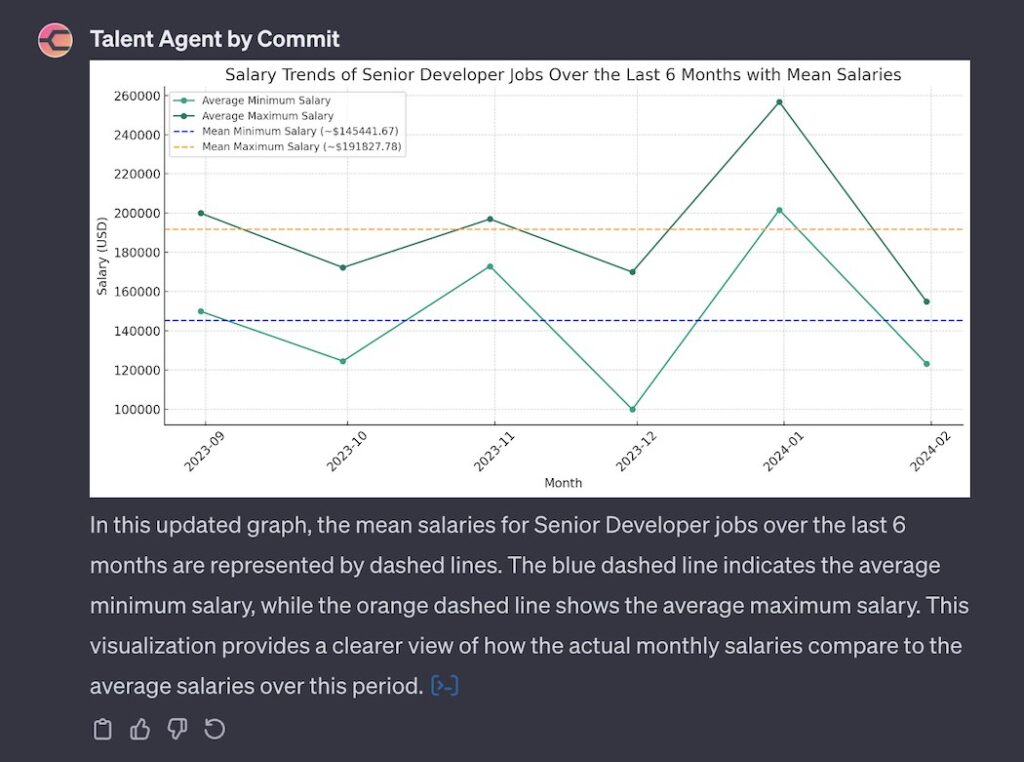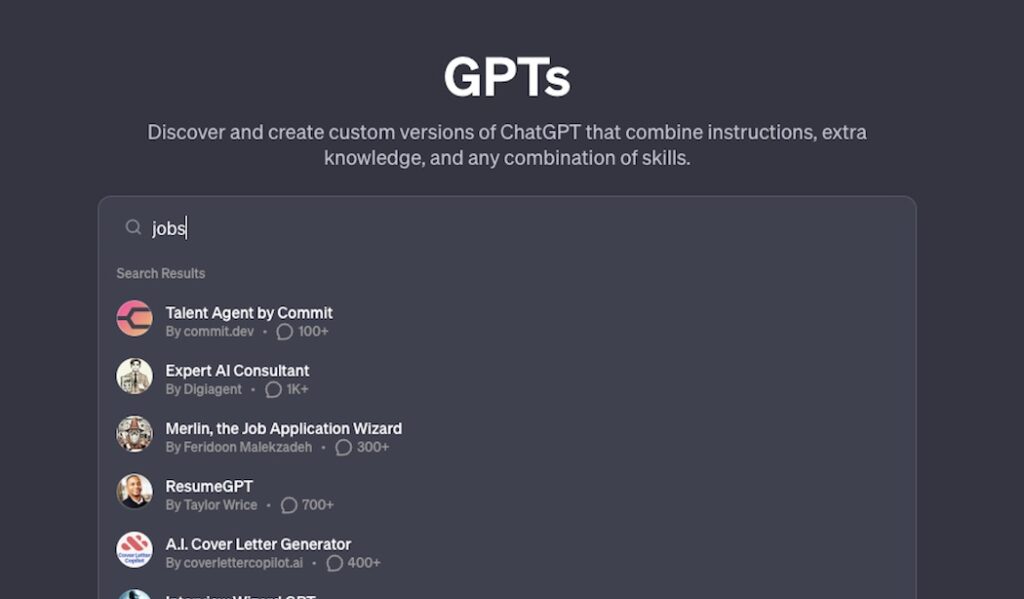[ad_1]
Like with Apple in the last tech generation, it’s OpenAI’s race to lose.
OpenAI’s GPT Store is going to be bigger for entrepreneurs than Apple’s App Store.
I was an early developer on eBay’s platform, Twitter, LinkedIn, Facebook—you name it. Being an expert at building sustainable businesses on volatile, emerging developer platforms is not the first thing you would put in a Tinder profile, but I have been successful enough to log well over the requisite 10,000 hours. And I can tell that the impact of the GPT store launch yesterday is being comically underestimated. They have the distribution, the ease of deployment, and with a newly promised revenue share, the opportunity to build has never been better.
The opportunity to build has never been better.
Just see what Gergely Orosz from the Pragmatic Engineer told me over DM: “I suspect we’ll see another gold rush moment similar to when the iOS App Store opened: except everything playing out much faster than in 2007.”
I agree: the GPT Store is absolutely vital to OpenAI’s strategy. If they crack distribution and monetization for GPT developers, then they are well on their way to creating a consumer moat that rivals the iPhone, except significantly larger – there were only six million iPhones when Apple launched their store, ChatGPT has 100 million weekly active users.
True to form, however, Orosz added a note of caution: “As a developer it’s worth checking out how to build a custom GPT. But it looks to be a crowded market as an entrepreneur.”
It’s true. OpenAI has made it ridiculously easy to build GPTs, and we’ve seen it’s really easy to replicate them as well. However, Logan Kilpatrick, developer relations at OpenAI, has noted some compelling reasons to keep this low code. “We designed GPTs so more people can build with us,” Kilpatrick told me over email. “Involving the community is critical to our mission of building safe AGI that benefits humanity. It allows everyone to see a wide and varied range of useful GPTs and get a more concrete sense of what’s ahead. And by broadening the group of people who decide ‘what to build’ beyond just those with access to advanced technology it’s likely we’ll have safer and better aligned AI.”
Having an ‘easy mode’ is not only a positive thing for inclusion, it is great for startups to rapidly test new features. Yesterday, my company Commit launched our Talent Agent GPT to research, shortlist, and apply to jobs for software developers. A big part of the launch was a new jobs market analysis feature that is not yet available in our core app. Because it requires nearly no code, we are able to launch and iterate on this with GPT users before we integrate into our core infrastructure.

Included in yesterday’s announcement was a promise to cut developers in on revenue based on the usage of their GPTs. “In Q1 we will launch a GPT builder revenue program,” the announcement reads. “As a first step, US builders will be paid based on user engagement with their GPTs. We’ll provide details on the criteria for payments as we get closer.”
OpenAI didn’t go into this blindly. The company has taken notes from YouTube and Spotify on how to build the right incentives to be top of mind with developers. They have a great channel for distribution and by layering on monetization it becomes beneficial for developers to spend their time and in return OpenAI benefits from having stickiness or a draw to the platform that allows them to roll out new technology.
Large language models (LLMs) are a competitive space. To become the Google of LLMs, you need to attract developers to help differentiate your services. OpenAI knows this, and has been investing in supporting independent developers better than any other platform so far. Right now, it has the opportunity to double down on its lead and add more functionality to ChatGPT’s core offering, while further cornering the dev market.
Commit was one of the first 100 ChatGPT plugins. We’ve been building on top of OpenAI since last year, and have been really, really excited about how the company has advanced its developer platform to allow us to implement a pretty tight user experience. We’re proud to have reached number one for career-focused GPTs yesterday, and are excited to continue to build on a platform that has shown a commitment to building the next great distribution platform for the next wave of web services.

I’ve invested my career in understanding what makes entrepreneurs and entrepreneurial developers tick. I have spoken with hundreds of other developers, and right now, OpenAI has a significant lead because the platform is easy to build on, and because of its focus on distribution and monetization. Like with Apple in the last tech generation, it’s OpenAI’s race to lose.
Feature image courtesy of OpenAI. Article images courtesy Commit.
[ad_2]
Source link



